The reason is that this government was formed by parties that did not have a majority in parliament . The most striking paradox here is that both President Emmanuel Macron and his nominee for prime minister, Mr. Michel Barnier, were fully aware of this from the beginning but still decided to implement it.
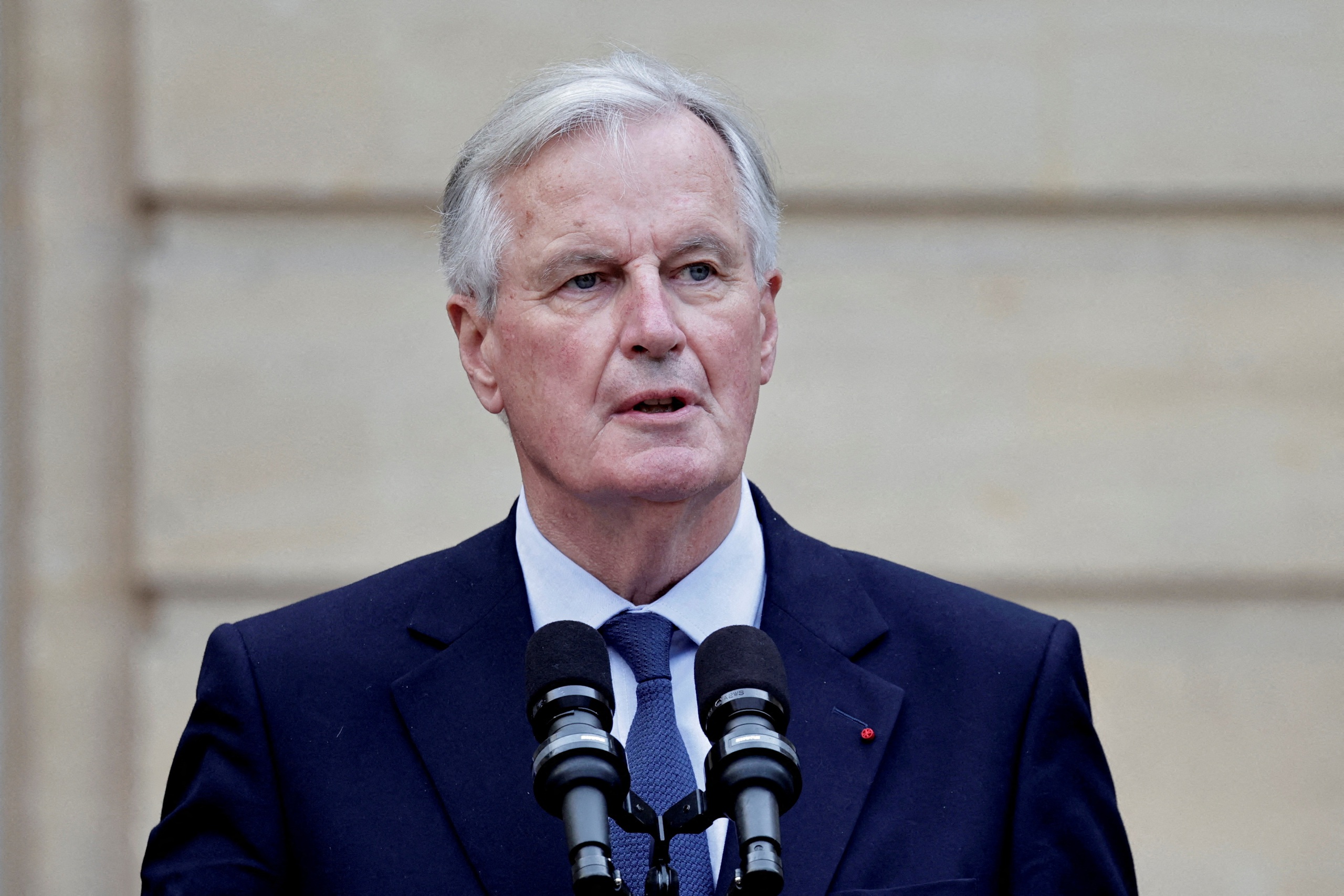
French Prime Minister Michel Barnier
The rare paradox this time is that the winning political party in France is not given the right to form a government, but that right is given to its members, who only won 47 seats out of 577 in the National Assembly. The coalition between Mr. Macron and Mr. Barnier has a total of only 193 seats while the minimum majority needed in the National Assembly is 289 seats.
This means that if the government wants to make a big deal, it will have to rely on either the left-wing New Popular Front (NFP) coalition, which is currently the largest political faction in parliament and won the recent parliamentary elections, or on the far-right National Rally (RN). Both have voiced their disagreement. The NFP coalition has even declared its non-cooperation. This will be a big challenge because the government's mission is to build and consolidate stability.
Source: https://thanhnien.vn/nghich-ly-kieu-phap-185240922224831938.htm






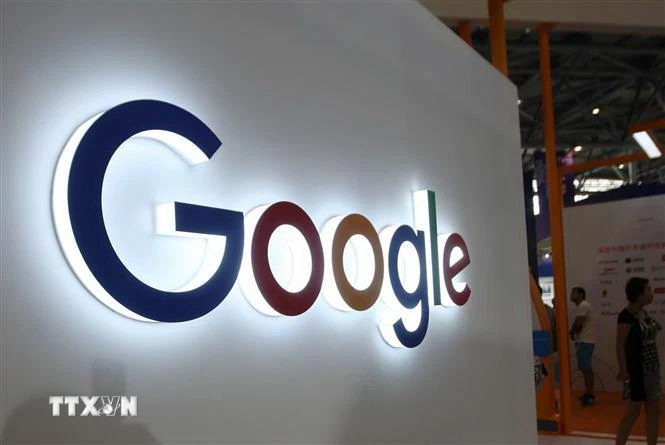


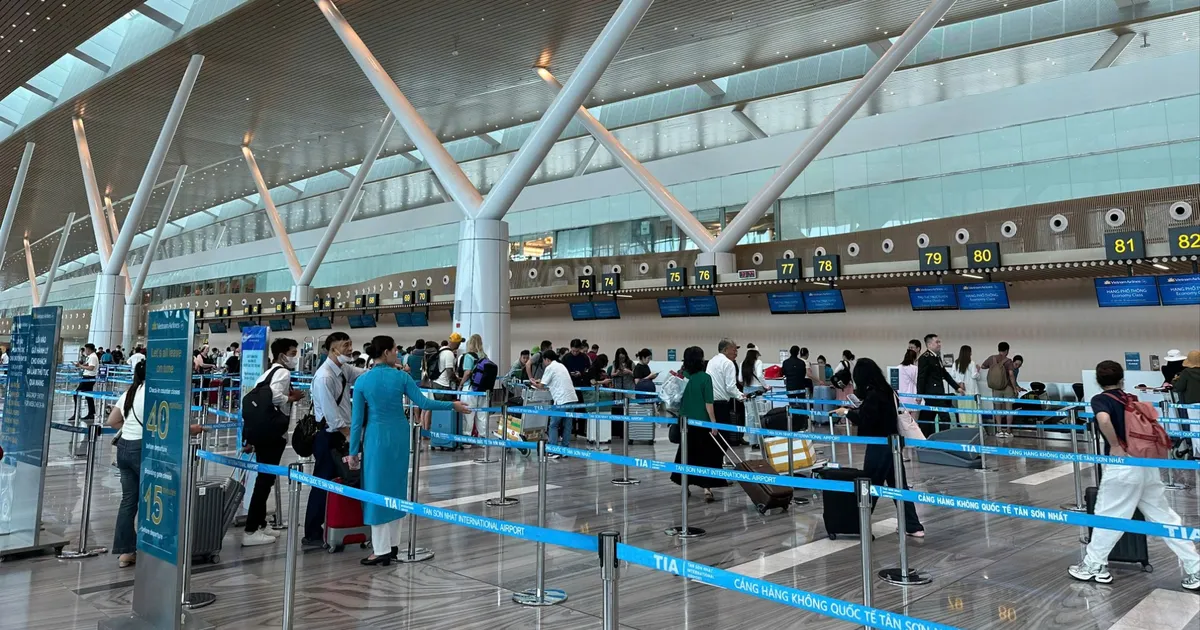



















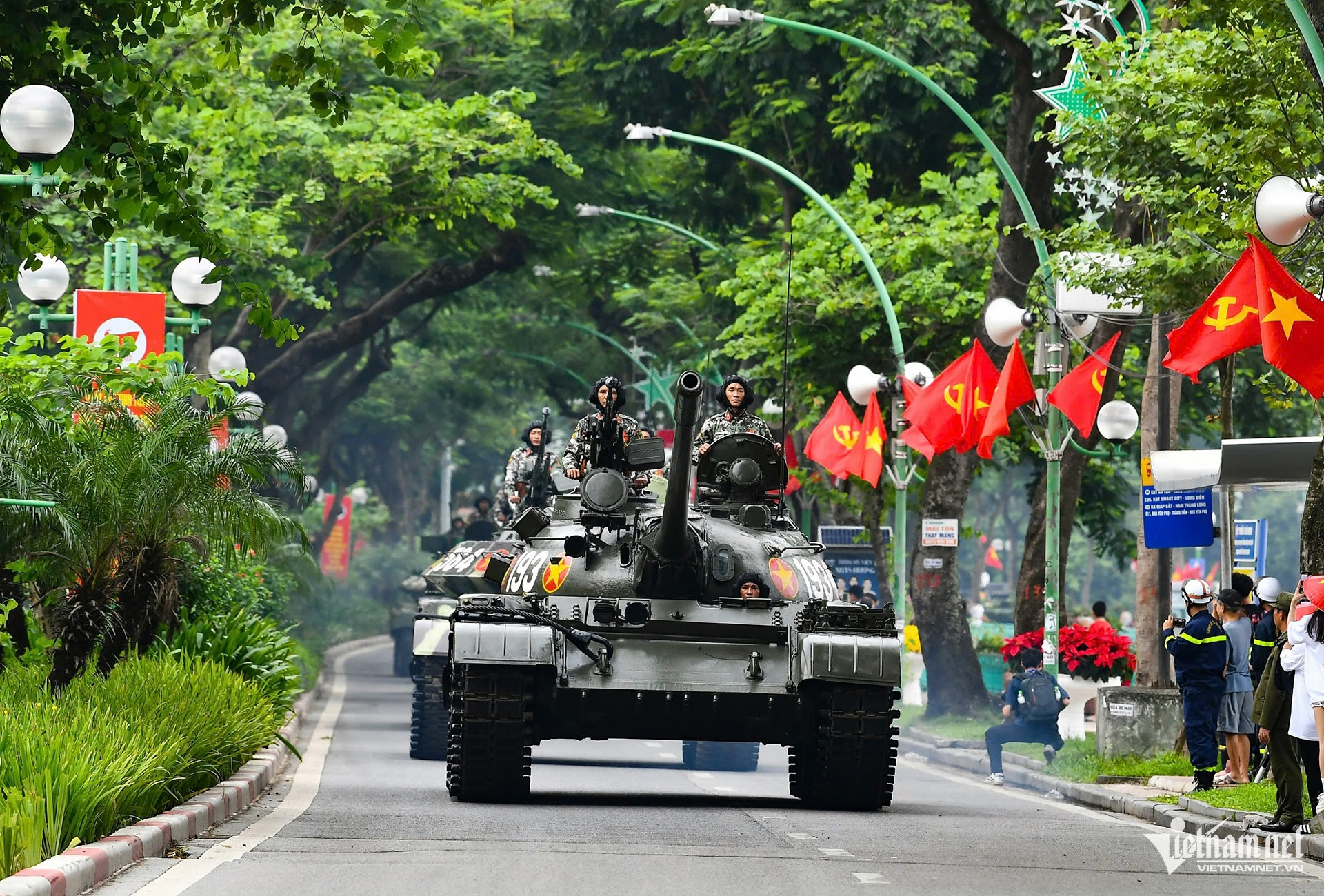


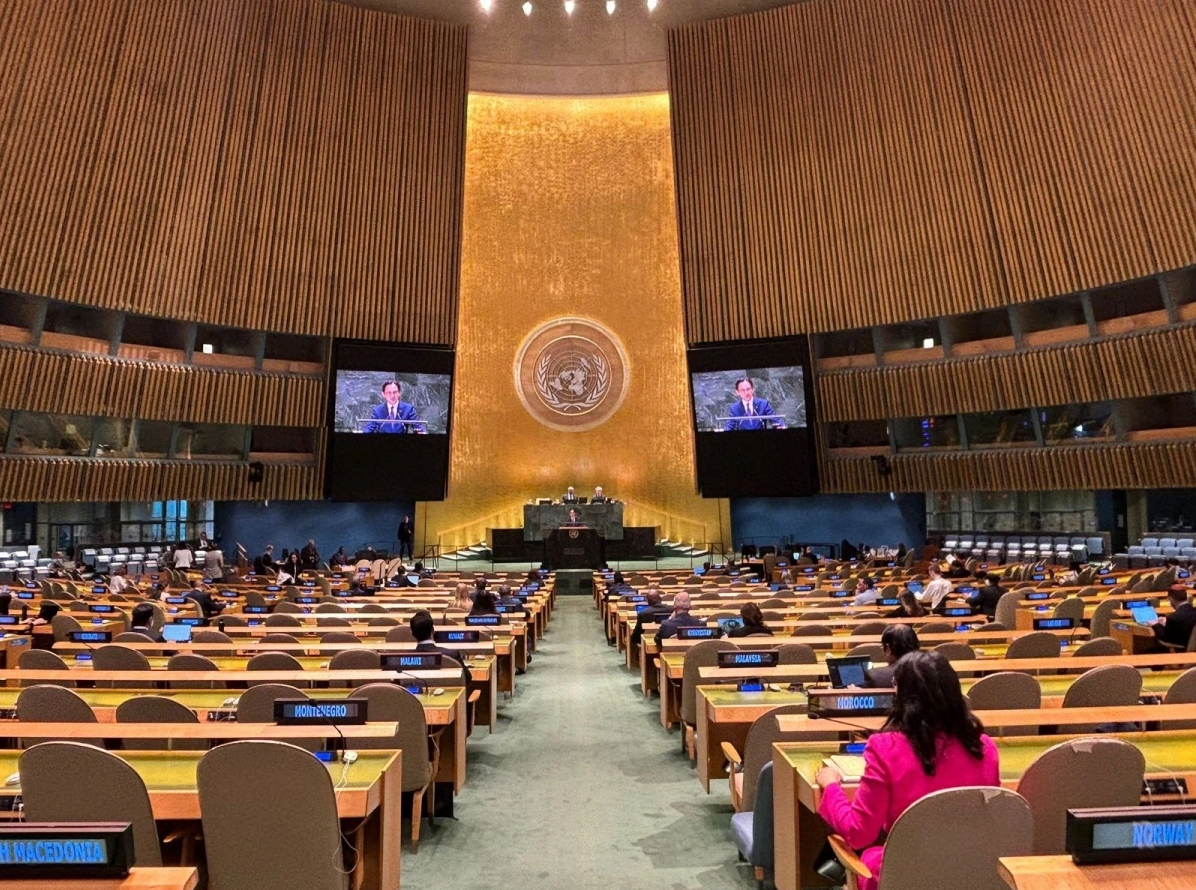














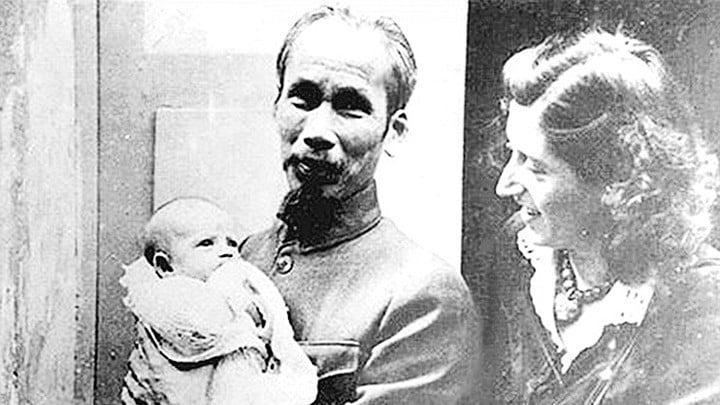











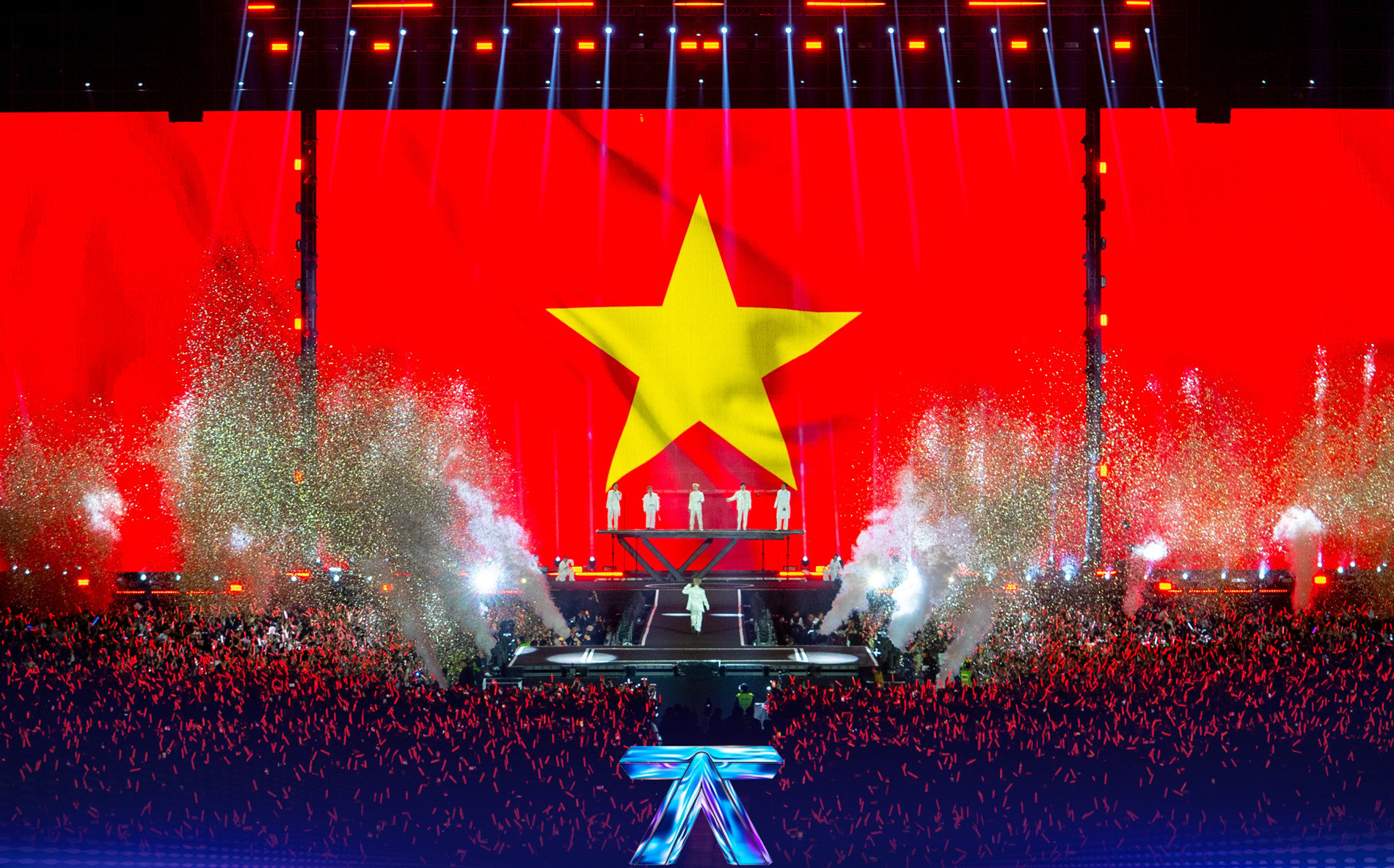


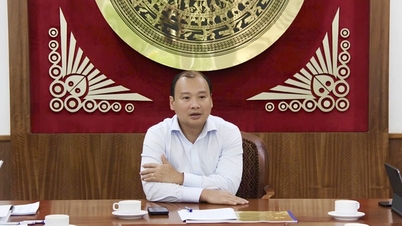

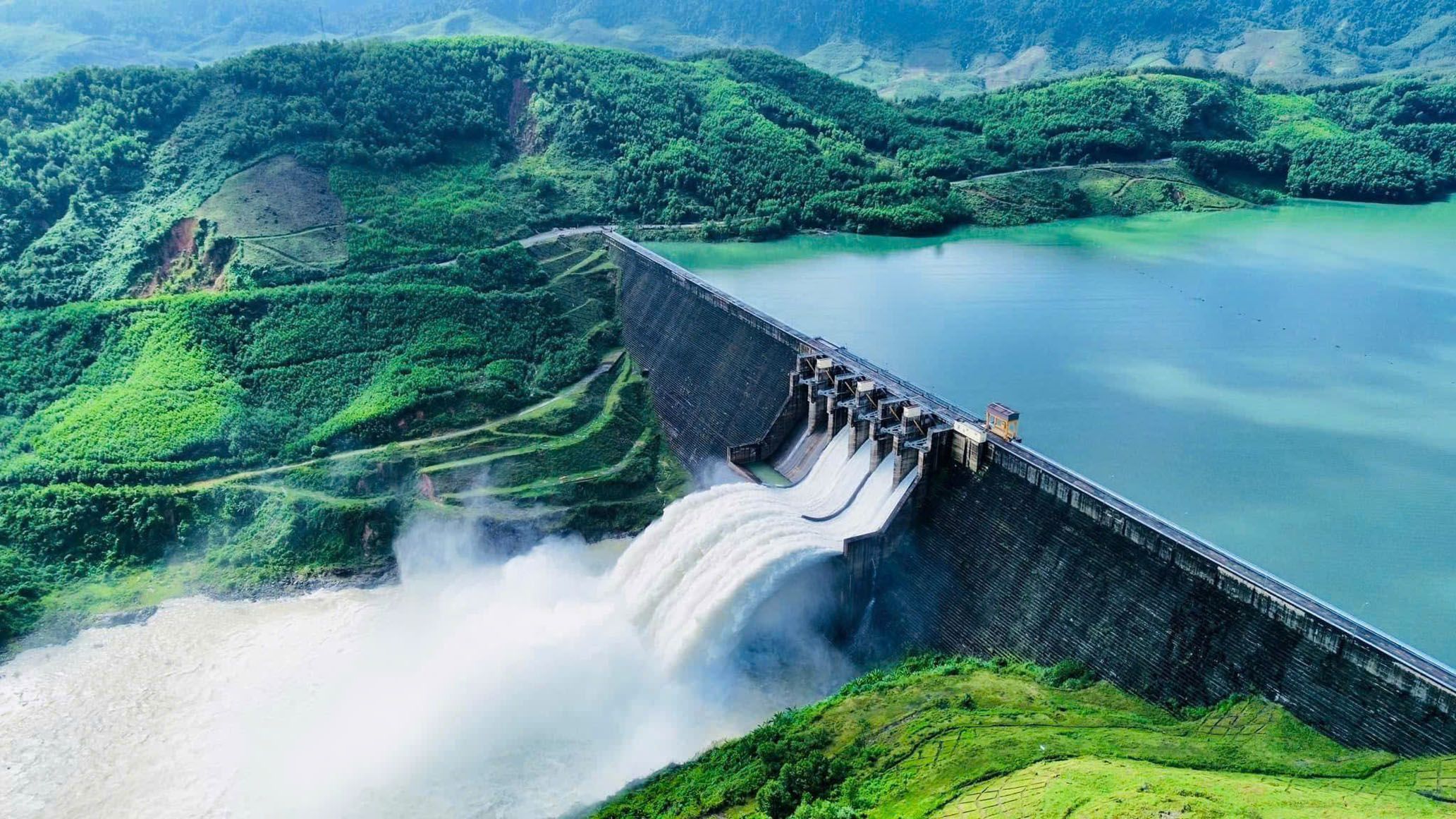
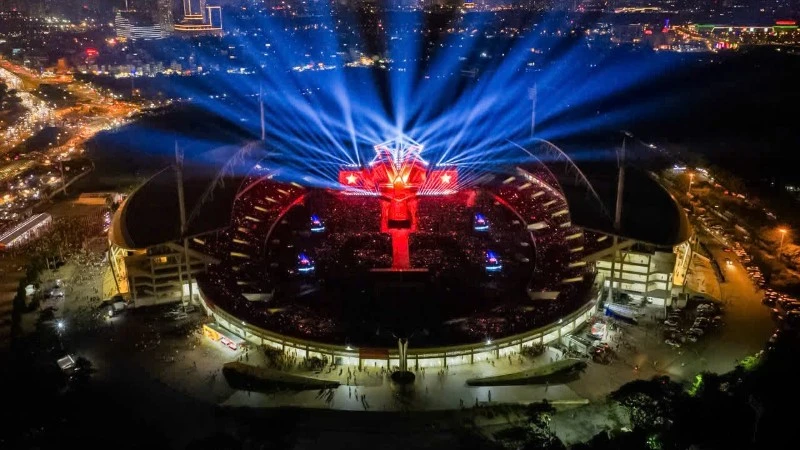






























Comment (0)